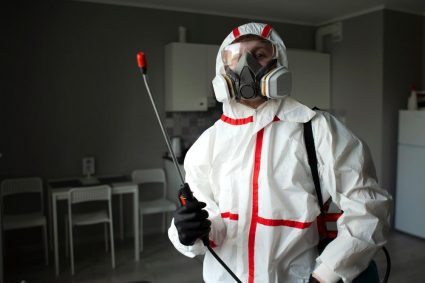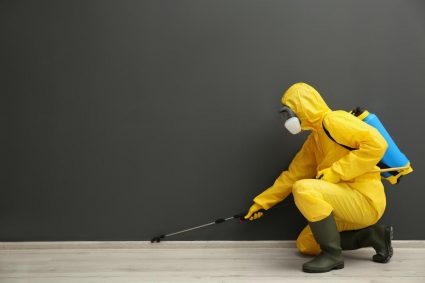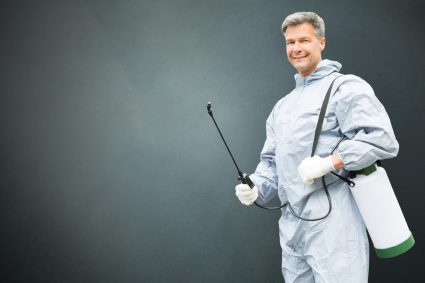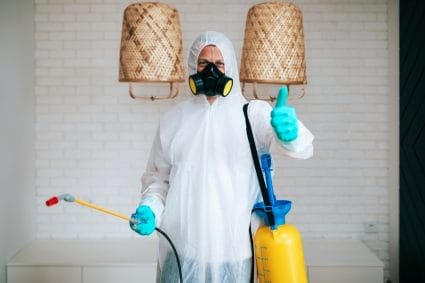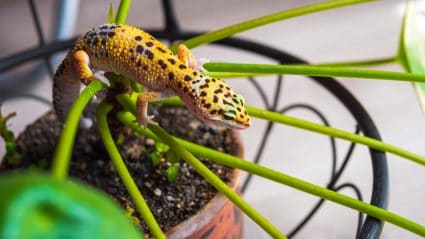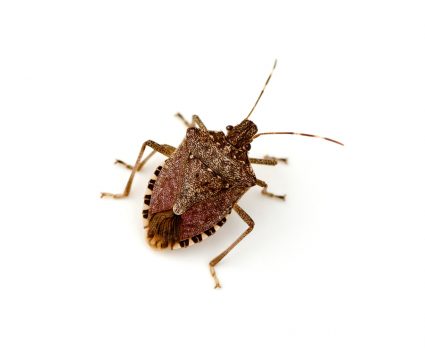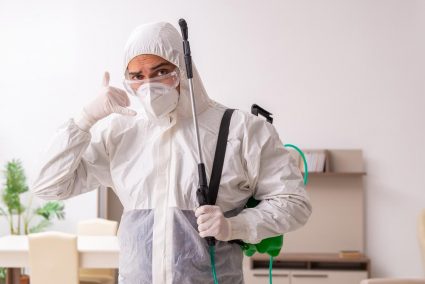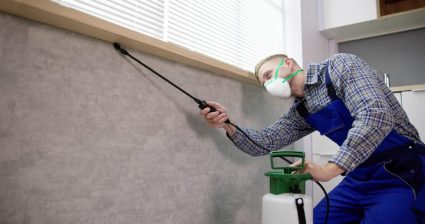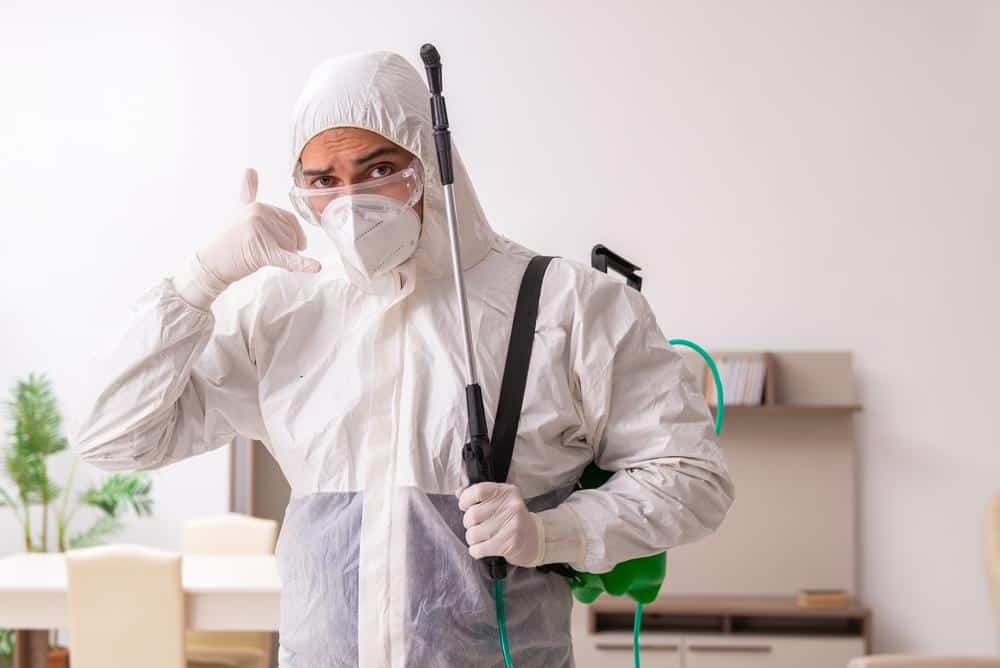
Hydrogen peroxide (H2O2) is a common household item that you probably have in your medicine cabinet right now. Known for its antiseptic and disinfecting properties, it’s frequently used to clean minor cuts and wounds to prevent infection. But did you know that hydrogen peroxide can also be used as a treatment for warts?
Yes, hydrogen peroxide can kill warts. It works by causing oxidative damage to the cells of the wart, leading to cell death. Both 3% and 6% solutions have been found to be effective, with higher concentrations also showing success. However, care must be taken as hydrogen peroxide can cause skin irritation or burns, especially in higher concentrations. Always consult with a healthcare professional before starting treatment.
Understanding Warts
Before we delve into the treatment, let’s first understand what warts are. Warts are noncancerous, rough bumps that form on the skin due to an infection caused by the human papillomavirus (HPV). They develop when HPV enters a cut or break in the skin, leading to an infection. Warts are contagious and can be acquired by touching someone who has them or through indirect contact with contaminated surfaces. There are over 100 types of HPV, and different strains are responsible for different types of warts.
Some common types of warts include common warts, flat warts, plantar warts, and filiform warts. Common warts usually appear on fingers, hands, knees, and elbows, while flat warts are often found on the face and forehead. Plantar warts are found on the soles of the feet and can be painful due to the pressure from walking, while filiform warts are long and slender and often develop on the neck or face.
Hydrogen Peroxide and Warts
Scientific evidence supports the effectiveness of hydrogen peroxide in treating warts. A randomized controlled study found that both 3% and 6% solutions of hydrogen peroxide were effective in treating non-genital warts, with the 6% solution showing a better overall response. Another study found that a 40% hydrogen peroxide solution was very effective in treating plane warts, with complete clearance observed in 90% of the patients.
Hydrogen peroxide works against warts by causing oxidative damage to the cells of the wart, leading to cell death. The process involves the conversion of hydrogen peroxide into more cytotoxic compounds that initiate the oxidation of biomolecules, causing disturbances in the structure and permeability of the wart.
How to Use Hydrogen Peroxide for Wart Treatment
Here’s a step-by-step guide on how to use hydrogen peroxide for wart treatment:
- Choose the Right Concentration: Hydrogen peroxide is available in different concentrations. Both 3% and 6% solutions can be effective, but higher concentrations such as 40% or 45% have also been used successfully.
- Application: Apply the hydrogen peroxide solution directly to the wart using a cotton swab or Q-tip.
- Duration and Frequency: Apply the hydrogen peroxide daily. In one study, patients applied a 6% solution under occlusion with a plastic tape for one hour daily for 6 weeks.
- Post-Application Care: Let the hydrogen peroxide dry after application, and consider covering the wart with a bandage if you’re using a lower concentration solution.
- Monitor the Progress: Keep an eye on the wart as you continue the treatment. The wart should start to change color and eventually die off.
- Follow-Up: After the treatment is completed, continue to monitor the area for any signs of recurrence.
Side Effects and Risks
Despite its effectiveness, using hydrogen peroxide for wart treatment does come with potential side effects. These include skin irritation, discoloration, dryness and peeling, allergic reactions, blistering of the skin, and eye pain if the solution comes into contact with the eyes.
Other Treatment Options
If hydrogen peroxide is not effective or if you experience adverse effects, there are several other treatments available for warts, including salicylic acid, freezing (cryotherapy), minor surgery, duct tape, immunotherapy, and chemotherapy drugs. Consult with a healthcare provider to determine the best treatment option for you.
Conclusion
Hydrogen peroxide can be an effective, safe, and inexpensive treatment for non-genital warts. However, it’s important to use it with caution as it can cause skin irritation or burns, especially in higher concentrations or when applied to sensitive areas. Always consult with a healthcare professional before starting any new treatment regimen.
Frequently Asked Questions
Can I use hydrogen peroxide for genital warts?
No, you should not use hydrogen peroxide for genital warts. Genital warts are sensitive and need to be treated by a healthcare professional. Hydrogen peroxide can cause irritation and burns, especially on sensitive skin areas.
Can hydrogen peroxide remove warts immediately?
No, hydrogen peroxide does not remove warts immediately. It’s a treatment that requires consistent application over a period of time. The exact duration may vary depending on the size and type of the wart, but in one study, patients applied a 6% solution daily for 6 weeks.
Can hydrogen peroxide cure HPV?
No, hydrogen peroxide cannot cure HPV. HPV is a viral infection that currently has no cure. However, the body’s immune system can often eliminate the virus over time. Hydrogen peroxide can help in treating warts, which are a symptom of some types of HPV, but it does not eliminate the virus itself.
Can I use hydrogen peroxide on warts if I have sensitive skin?
If you have sensitive skin, you should be cautious about using hydrogen peroxide on warts. Hydrogen peroxide can cause skin irritation, burns, and other adverse effects, especially in higher concentrations. Always consult with a healthcare professional before starting a new treatment regimen.
Can I use hydrogen peroxide on a child’s warts?
Hydrogen peroxide can be used on a child’s warts, but it should be done under the supervision of a healthcare professional. Children’s skin is more sensitive than adults’, and hydrogen peroxide can cause skin irritation and burns. A lower concentration solution is usually recommended for children.

